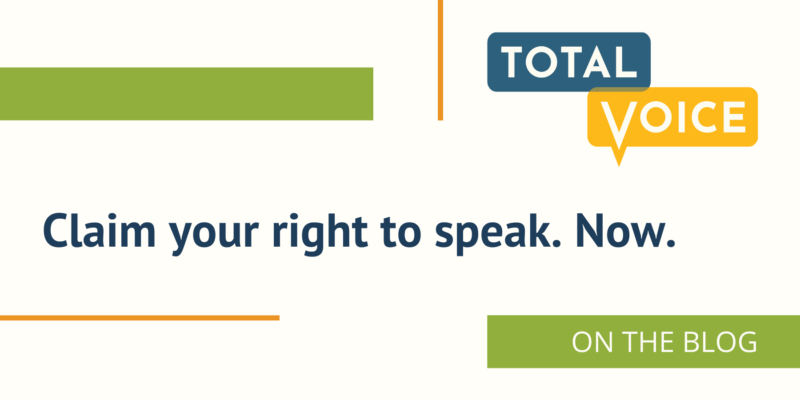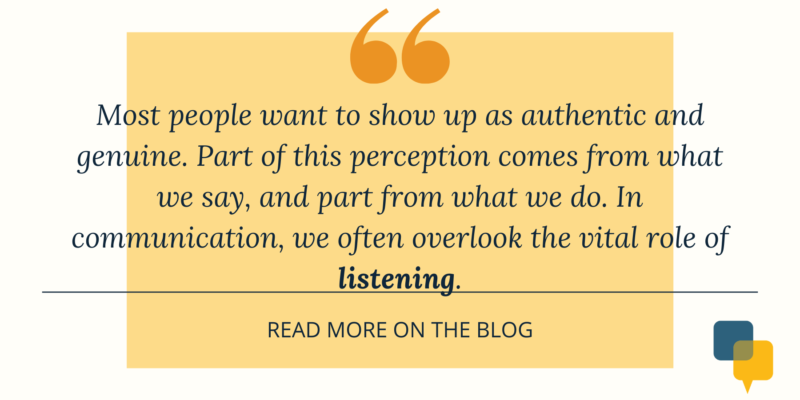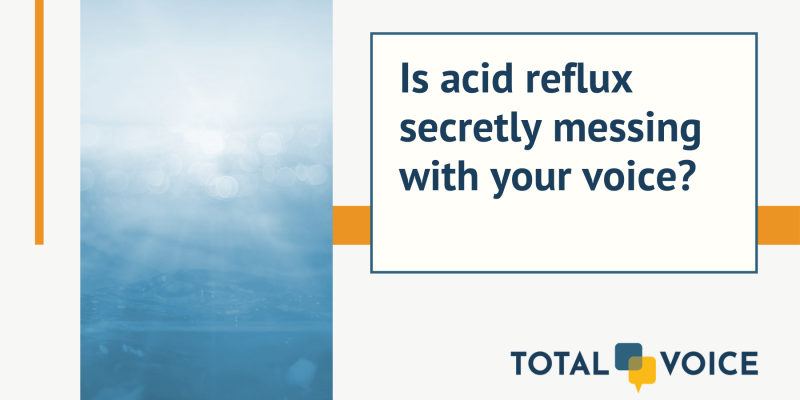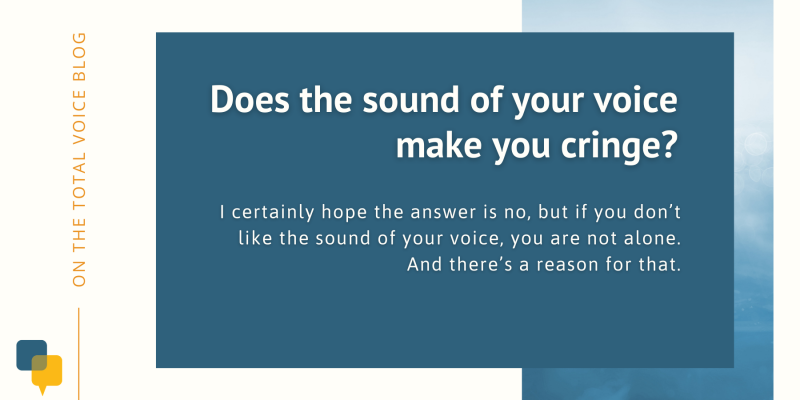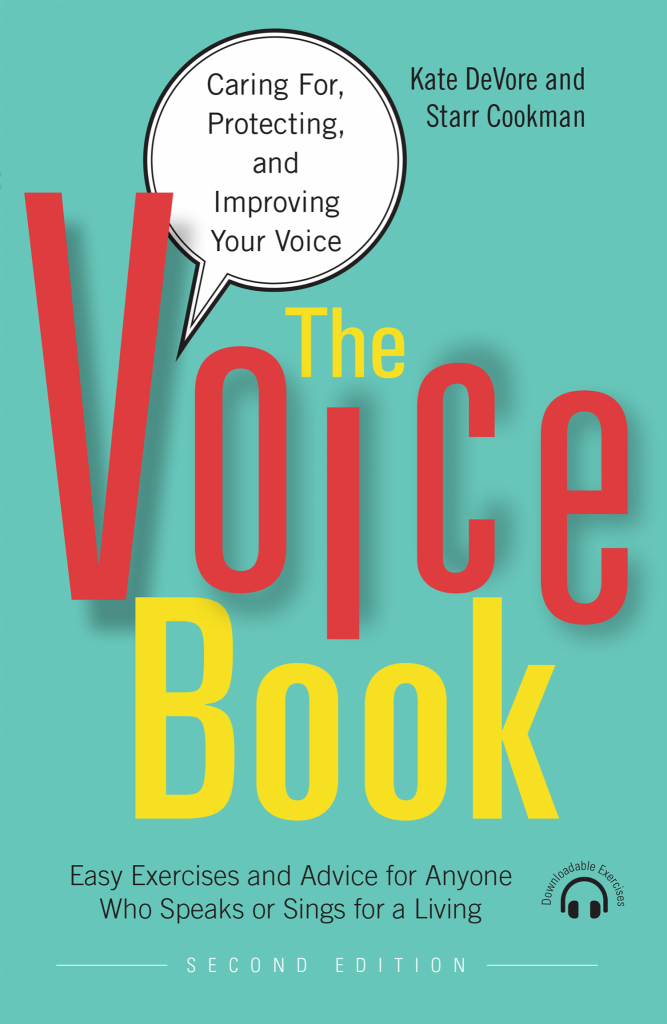We all hide. Even the most brazen of us sometimes don’t want to be fully seen (or, as the case may be, heard). So let’s just acknowledge that normal occurrence.
It’s natural to “pull your punches”, or commit less than 100% to what you are saying, if there is any modicum of doubt around your content, or how you think it will be perceived.
continue reading
